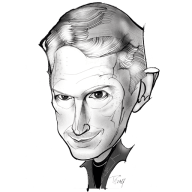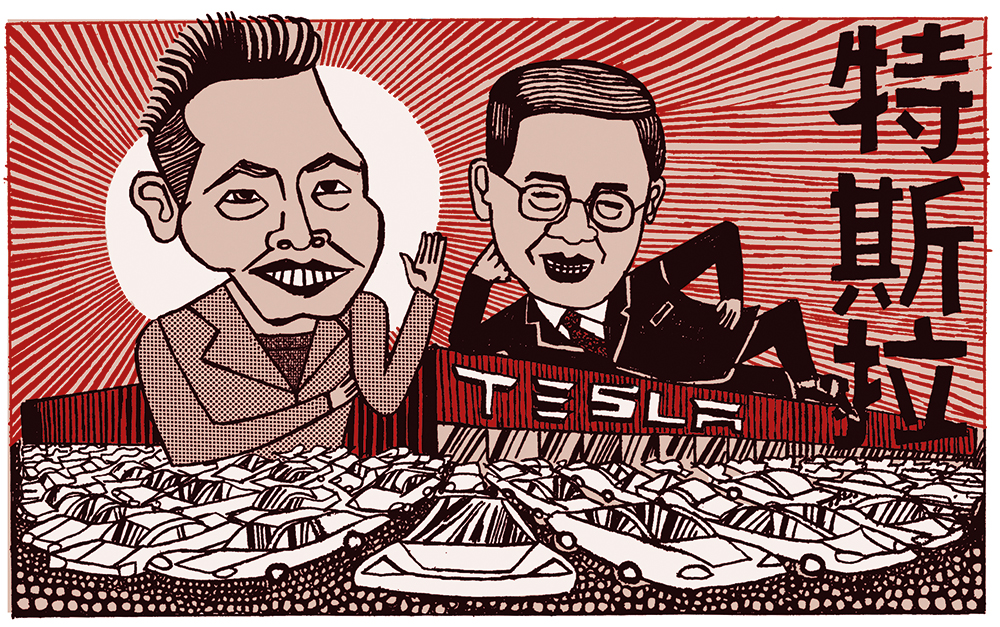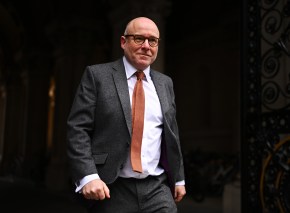Elon Musk revels in the role of ‘free speech absolutist’. Last week, for instance, he jumped to the defence of Pavel Durov, the head of the messaging and social media app Telegram, after he was arrested by the French police. But while Musk claims he is a defender of free speech, he frequently kowtows to the Chinese Communist party, for whom the concept is alien.
Musk is now the CCP’s favourite western capitalist. So although he is eager to tell his 196 million Twitter followers that ‘Britain is turning into the Soviet Union’, he has avoided antagonising China. He has echoed CCP talking points on contentious issues, such as Taiwan and artificial intelligence, while remaining silent on China’s human-rights record.
He is afforded all the trappings of a head-of-state visit during his trips
As such, he is afforded all the trappings of a head-of-state visit during his trips to China. Top ministers, corporate bigwigs and other party functionaries are all ready to greet him. State media fawns over him (one report even included a blow-by-blow account of a 16-course meal he enjoyed in a top Shanghai restaurant).
In April, when Musk last jetted to Beijing, he was taken to meet the Chinese premier Li Qiang, from whom he reportedly won an agreement to offer Tesla’s most advanced self-driving software on cars in China – software seen as critical for the future of the company, but which had been greeted with caution by American regulators.
The following month, Tesla broke ground on a vast new manufacturing plant in Shanghai to make batteries. It’s close to Musk’s existing car plant, which produces a million electric vehicles (EVs) a year and is the company’s most important export hub, responsible for more than half of worldwide sales.
‘Honoured to meet with Premier Li Qiang,’ Musk enthused on Twitter during that visit.








Comments
Join the debate for just $5 for 3 months
Be part of the conversation with other Spectator readers by getting your first three months for $5.
UNLOCK ACCESS Just $5 for 3 monthsAlready a subscriber? Log in